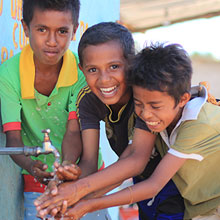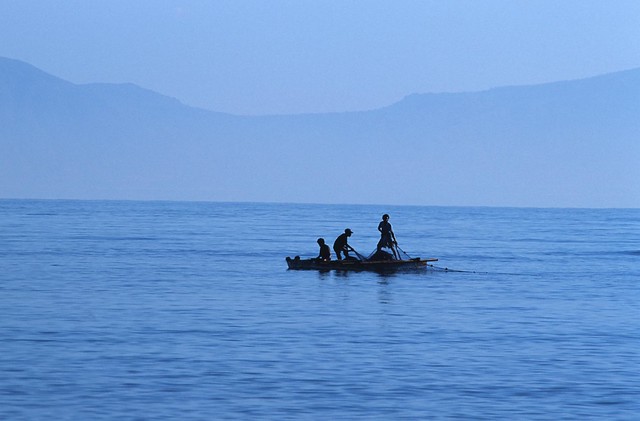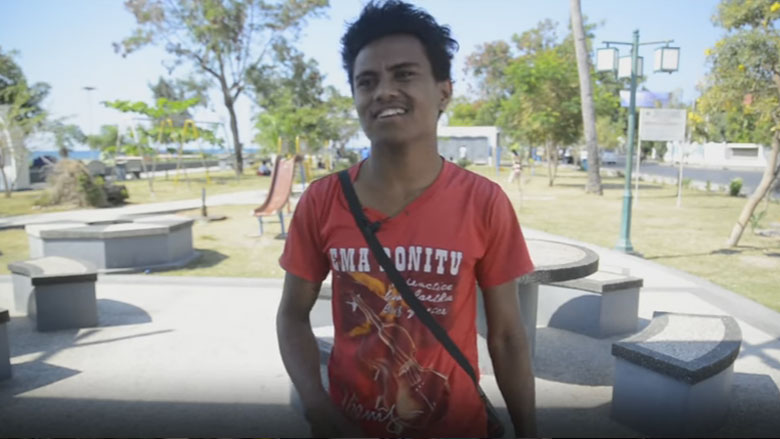Emerging from decades of conflict, Timor-Leste became the first new sovereign state of the 21st century in May 2002.
Faced with the task of rebuilding public infrastructure – including roads, ports and airports, water and sanitation systems, government facilities – and institutional frameworks, Timor-Leste has made significant progress in key areas since independence. Meanwhile, fragility remains a challenge as the country contends with the legacies of past conflict.
Today, with a population of over 1.3 million people, Timor-Leste is a peaceful, democratic nation. While poverty levels remain high, progress has been made in improving living standards. The proportion of Timorese living in poverty, measured by the national poverty line, declined from 50% in 2007 to an estimated 42% in 2014.
Buffeted by the twin shocks of COVID-19 and Tropical Cyclone Seroja, the non-oil economy grew by 1.5% in 2021. A record-high budget with expenditure of nearly 90% of GDP bolstered government consumption. A series of fiscal stimulus measures supported employment and incomes, allowing households to maintain their spending. However, this growth follows recessions in 2017, 2018, and 2020 which have left Timor-Leste’s Gross Domestic Product (GDP) lower than it was in 2016.
Investments in human capital are directly linked to Timor-Leste’s future growth, productivity, and competitiveness. In 2020, the Human Capital Index for Timor-Leste stood at 0.45, as compared to the East Asia and Pacific’s regional average of 0.59. A healthier and more skilled workforce is necessary to better meet future labor demands across the economy.
Even before the pandemic, there were urgent human capital challenges; some 47% of children are stunted, for example, and many students had poor learning outcomes due to low levels of education service delivery. These challenges were compounded by the COVID-19 pandemic which disrupted education services, leading to school closures and learning losses affecting 45% of school children.
While Timor-Leste has succeeded in saving the proceeds of its natural resource endowment, key remaining challenges include how to increase the productivity and effectiveness of government spending, and how to ensure the environment is preserved as an important economic and social resource for future generations.
Encouraging private sector-led growth in the economy will be vital for job creation. In a young country with a fast-changing political and social landscape, there is also a need to focus on improving institutions that create the enabling environment for good policymaking, economic prosperity, and inclusion.
Last Updated: Dec 01, 2022






